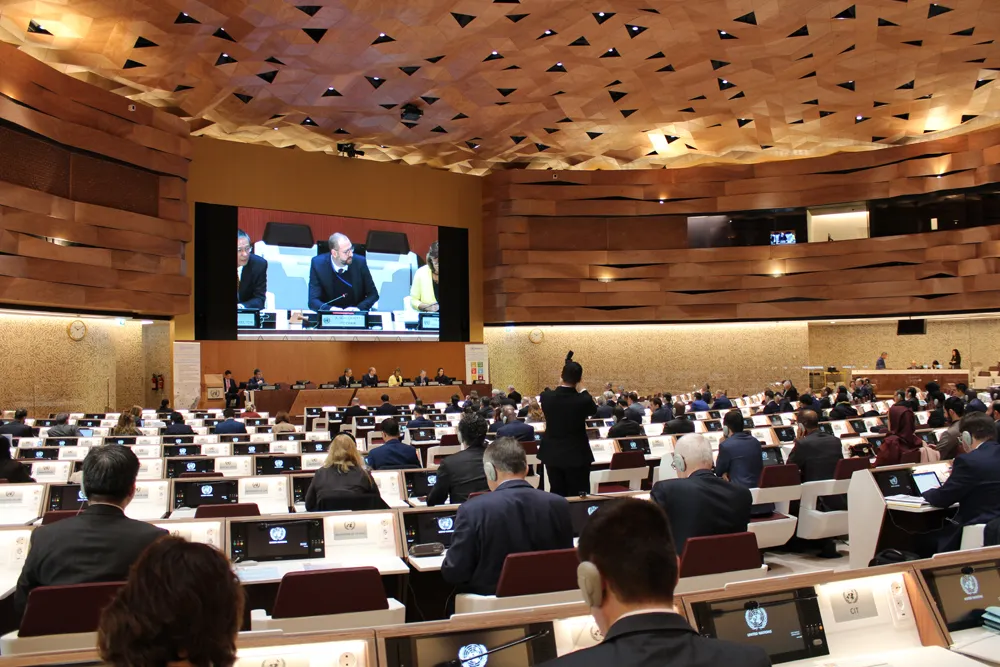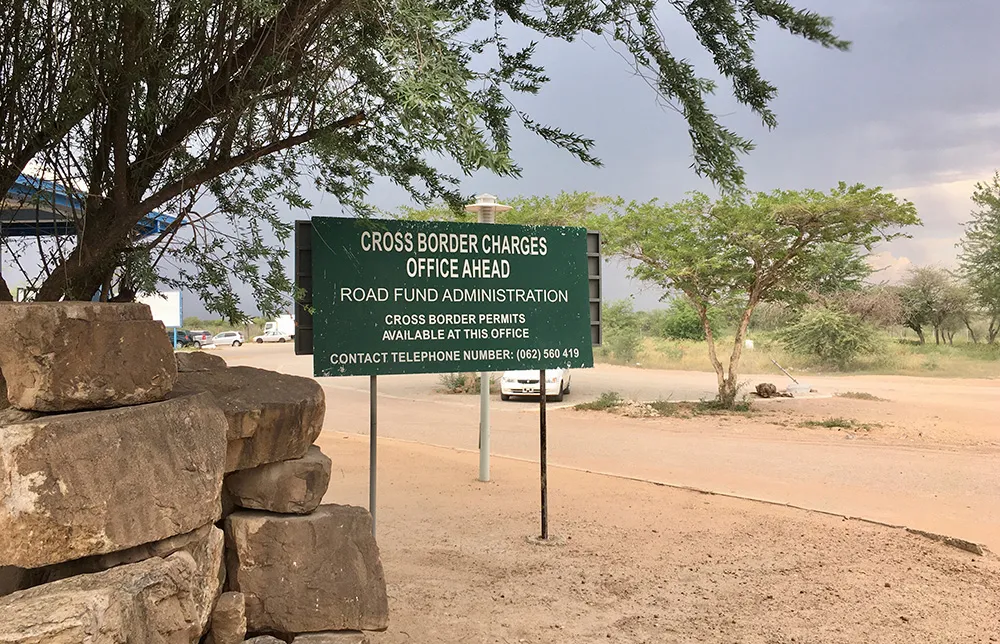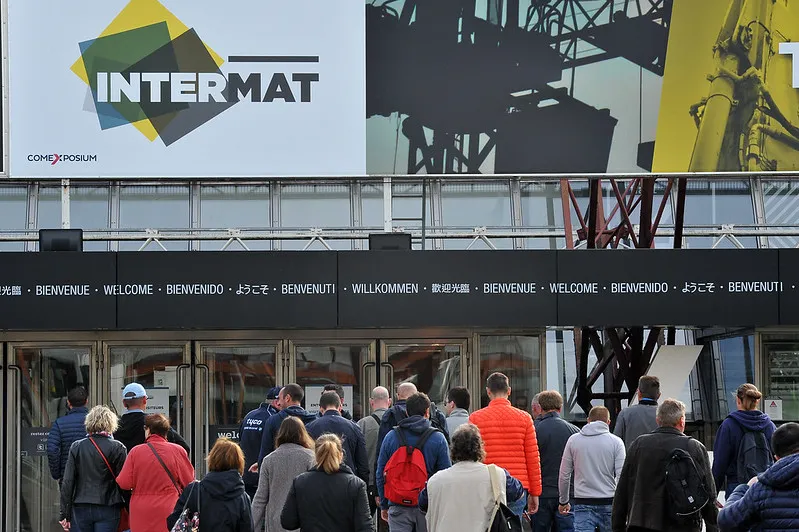
Italian contractor ANAS is to carry out the project for the Moscow-Nizhny Novgorod-Kazan route, a new high-speed highway in Russia. This new link will connect Moscow with Russia’s Volga regions, also improving connections to Vladimir, Dzerzhinsk and Cheboksary along the route. The project is being planned in partnership with the Russian Ministry of Transport.
The project is being handled under the concession model and has been prioritised by the Russian Government. The construction of this highway was included in the Russian State Infrastructure Programme. This was recently approved by Russia’s prime minister Dmitry Medvedev and is titled, ‘For the development of national transport infrastructure in Russia until 2030’.
The importance of the project to Russia is highlighted by the fact that the final decision for its implementation was taken following a personal meeting between Russia’s president Vladimir Putin and the Italian Prime Minister Giuseppe Conte.
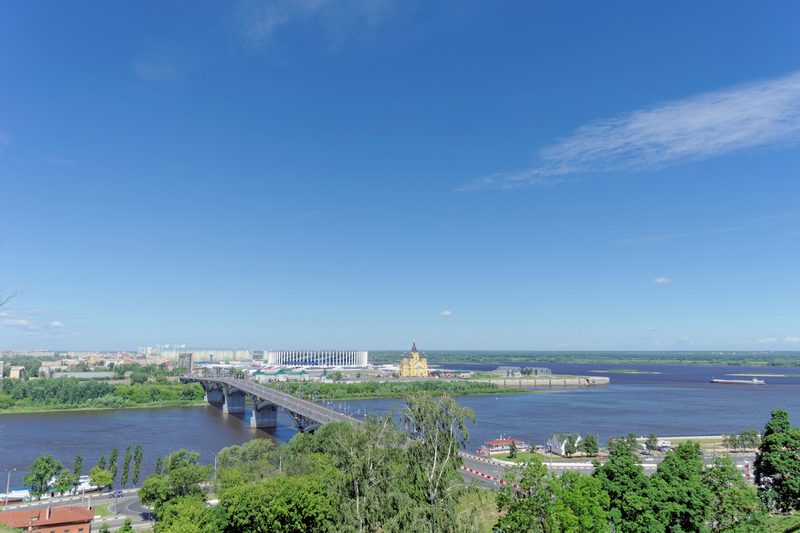
The route is being constructed as a toll road, which will form part of the new transport corridor that will connect Europe and China.
In addition to ANAS, the project will also involve participation from the Russian Fund of Direct Investments. This is Russia's sovereign wealth fund, which specialises in equity investments for certain sectors of the country’s economy, including road building.
The new road will measure 729km when complete. According to earlier estimates from the Russian Ministry of Transport, its estimated cost of construction is from US$7.7-8 billion (RUB 540–550 billion). This pricetag makes it one of the most expensive roads to be built in the country.
The new route will run parallel to the existing M-7 highway, a major trunk road running from Moscow through Vladimir and Nizhny Novgorod to Kazan in Tatarstan and Ufa in Bashkortostan. However this new highway will boost capacity and safety and is being designed to allow vehicles to travel at speeds of up to 120km/h.
According to Russia’s first deputy Minister of Transport, Innokenty Alafinov, construction work started several weeks ago and will be finished by 2023-2024. When it is complete, the road will also connect three of Russia’s existing federal highways.
Russia’s state infrastructure and highway service company Avtodor will be directly responsible for the implementation of the project.
According to Sergey Kelbach, head of Avtodor, the road will have four lanes, two in each direction. Up to 70% of funds for the project are expected to be provided by the Russian government, with the remaining by private investors and banks in the form of loans.
The fee for the use of the road will be set at probably RUB2 (US$0.028)/km, that will be equivalent for RUB 1,500 (US$21.42) for the use of the whole road.
The launch of the new road will reduce travel time between Moscow and Kazan to only 5-6 hours, compared to the current 12 hours.
In the meantime, some local analysts have already welcomed implementation of the project. According to Artur Nikolaev, deputy chairman of the Chamber of Commerce and Industry of the Tatarstan Republic, this new project is important as the existing highways connecting central Russia with its Volga regions are heavily congested. Nikolaev said that building a new road is a decision in helping to improve transport connections and to redirect transit traffic from the urban centres.
In general, Nikolaev and key Russian experts in road building agree that road construction will offer a good return on investment for the country, taking into account the current, complex situation in its economy.
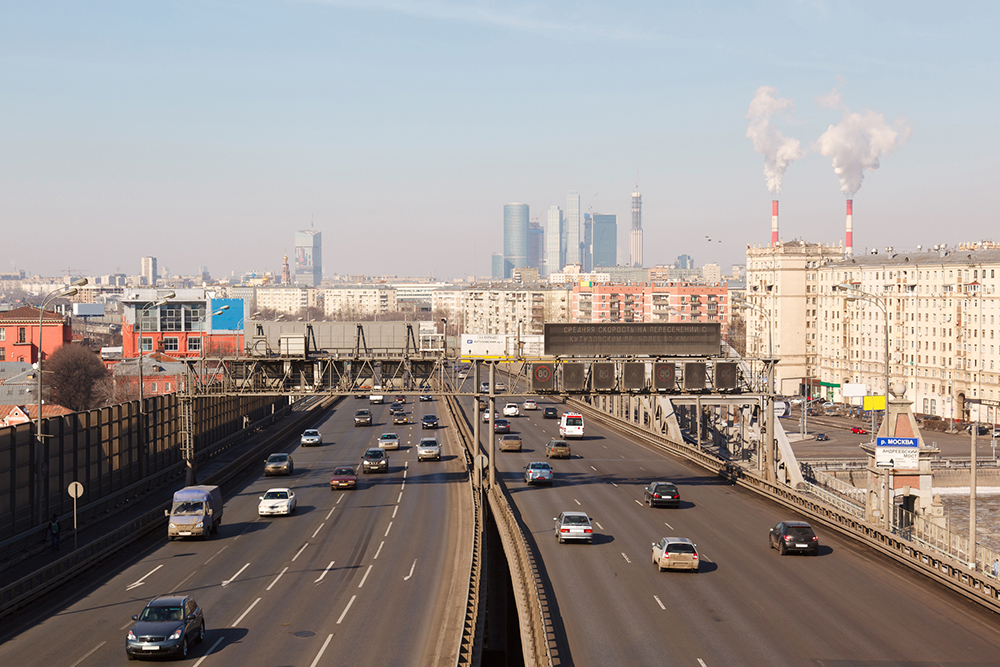
Nikolayev cites the example of the US during the Great Depression of the 1930s, when huge state investments were allocated in road construction. According to him, that was one of the most popular ways of capital investments in the US at that period of time, and which paid off in terms of economic development in a short time.
However some analysts believe shippers, delivering their cargo from China to Europe via Russia may not choose to use the new road, due to its tolled status. These analysts say that the shippers could be reluctant to further increase their road transport costs, which are already high when compared to transport by sea.
This project also could open the way for further Italian business activity in Russia’s road sector. Russian road building analysts believe ANAS and other Italian companies in the field of infrastructure and road building will be able to apply for other large contracts in the field of road building in Russia. This will result from the improved relations between the Russian Government and Italian Government, with Italy’s opposition to maintaining economic sanctions against Russia being a key factor.
As for ANAS, the company has had experience of working in Russia in the past. The firm participated in the reconstruction of certain sections of the M-4 “Don” highway, a major expressway that links Moscow with southern regions of Russia and is 1,517km in length.


